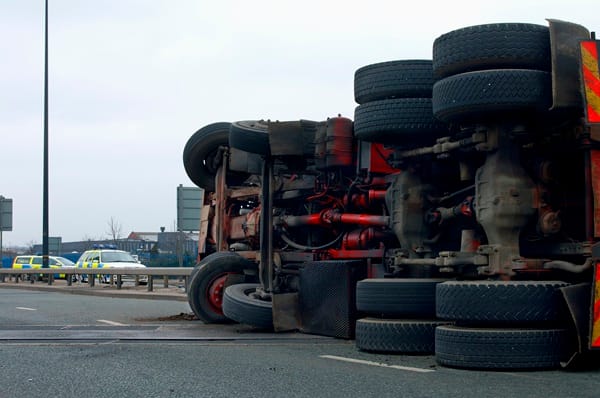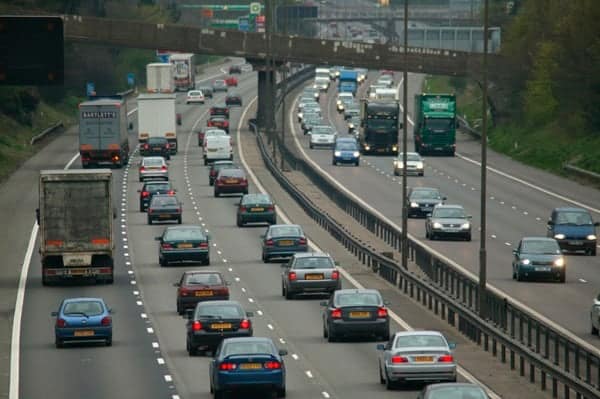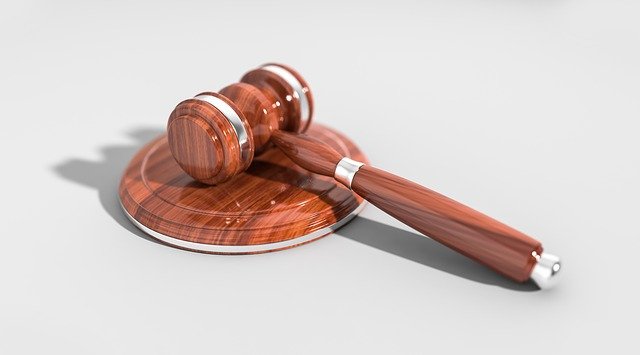Car accidents are often spoken about in terms of physical injury, insurance claims, and road safety. What gets less attention is how a serious collision can also bring criminal charges that ripple far beyond the drivers involved. For business owners and professionals, such situations do not just touch personal lives. They can also threaten reputations, financial stability, and ongoing operations.
A single crash can pull an individual into a long and demanding legal process. The business community takes notice because when legal outcomes turn harsh, they affect employees, executives, and the companies connected to them. The situation turns into more than a traffic issue. It becomes a matter of criminal law, corporate risk, and survival in a competitive market.
Moreover, when an employee or executive faces criminal accusations related to driving, boards and human resources must act quickly to assess exposure and preserve continuity. They often face delicate choices about suspension, internal inquiries, and maintaining client confidence while respecting the legal process. At the same time, insurers may examine claims closely which can delay settlements and increase scrutiny of company practices. Therefore, early coordination between legal counsel, human resources, and communications teams can prevent small issues from becoming existential problems. This cross functional response helps protect both individual rights and business interests.
How car accidents affect more than the road
According to www.wardandsmithpersonalinjury.com, every year, collisions occur on city streets and highways, and while most are handled through civil claims and insurance, some carry heavier consequences. Accidents that involve reckless driving, impaired driving, or serious injury often lead to criminal charges. This legal escalation changes the entire picture. Suddenly, the matter is not just between drivers and insurance firms but also within the criminal justice system.
For businesses, the story does not stop at the roadside. An executive facing charges may be forced to step away from leadership, leaving uncertainty at the top. An employee who is suddenly dealing with court dates may struggle with performance at work. Companies that rely on commercial drivers face an even sharper reality since one accident can trigger lawsuits, fines, or the loss of licenses that keep operations moving.
Furthermore, firms that run fleets or offer employee travel must treat collisions as potential windows into broader operational risks. An incident will prompt scrutiny of driver records, vehicle maintenance logs, and company policies on duty hours and alcohol testing. Regulators and contracting partners watch these signals closely, and a pattern of lapses can jeopardise certifications or tender opportunities. Acting quickly to shore up controls and to show formal compliance reduces future legal leverage and demonstrates responsible governance. In practice, that kind of attention can mean the difference between a contained liability and a long term operational headache.
Criminal defence and its role in business survival
When a road collision crosses into the criminal arena, the importance of a strong defence grows quickly. One legal expert mentions that charges such as reckless endangerment, driving under the influence, or vehicular manslaughter are not just about potential prison sentences. They can ruin a professional career, damage public trust, and create a storm of negative headlines that directly affect the business world.
A defence team works not only to protect the individual but also to limit the harm done to the company connected to them. In some cases, lawyers push for lesser charges or negotiate agreements that allow a person to continue working while addressing their legal responsibilities. The outcomes matter because a business that loses its key people or its credibility may never fully recover. Criminal defence becomes part of a broader strategy to shield both personal freedom and corporate health.
In practice, an effective criminal defence will look beyond trial tactics to consider how an outcome will affect a business relationship and career prospects. Counsel may pursue diversion options, negotiate reduced charges, or seek mitigation that keeps records from unduly harming employment prospects. Gathering technical evidence, such as reconstruction reports and expert testimony, often clarifies events and changes how prosecutors approach a case. Employers who coordinate with counsel and offer measured, conditional support can maintain stability while the legal process runs its course. That coordination aligns individual defence goals with the company’s need to preserve continuity and trust.
The wider effect on company reputation
Modern companies live in a world where reputation is as valuable as revenue. A car accident tied to criminal charges can change how customers, investors, and partners view a business. Even if the company itself was not involved, public association with a criminal case can lead to doubt and hesitation in the marketplace.
This is why many firms invest in crisis management and legal support. They understand that a single legal headline can undo years of careful brand building. Quick communication, transparency where possible, and clear signs of accountability can soften the blow. Still, the risk remains, and companies often find themselves balancing the duty to support their people with the need to protect their overall image.
Meanwhile, public reaction can evolve quickly, and companies need a modest playbook to respond to questions from media and stakeholders. Prompt factual statements that avoid assigning blame, together with a clear outline of actions being taken, reassure clients and partners without compromising legal positions. Investor relations teams must explain potential impacts to financial exposure and governance while observing legal limits on disclosure. Over time, consistent remedial actions that show accountability and tangible improvement can restore confidence more effectively than denial or silence. Reputation recovery requires patience and steady measures that demonstrate competence and care.
The business costs behind legal trouble
Beyond reputation, there are tangible costs that follow when a car accident turns into a criminal matter. Legal fees can rise sharply as defence teams work to manage complex cases. Insurance premiums often climb, and in some industries, regulatory scrutiny increases. These pressures can squeeze profit margins and distract leadership from growth or innovation.
Smaller businesses may be hit hardest since they lack the financial cushion of larger corporations. Losing one key employee to a lengthy legal process or losing trust from a handful of clients may be enough to slow expansion or even threaten survival. In this way, what begins as a collision on the road becomes a financial and strategic test for a company fighting to keep its place in the market.
Consequently, the hidden costs extend into recruitment and retention because prospective employees and partners assess legal risk before committing. Vendors may revise contract terms and lenders could add stricter covenants if risk profiles shift. The administrative burden of responding to investigations, audits, and discovery information drains management time and can stall planned projects. For firms with thin margins, these downstream effects are often more damaging than the immediate legal bill. Building contingency budgets and contingency plans therefore helps firms withstand shocks without sacrificing long term strategy.
Finding a way forward after a collision
A road collision that brings criminal charges is not just an individual’s problem. It quickly extends into the workplace, the boardroom, and the wider business community. The challenge for companies is learning how to respond in ways that keep operations stable while legal matters play out.
Preparation plays a major role. Companies that develop policies for legal crises, provide training for employees, and seek strong legal guidance often weather the storm more effectively. While no business can fully avoid the fallout when someone within their ranks faces criminal charges from a car accident, the right combination of legal defence, internal support, and transparent communication helps reduce the damage. The lessons learned remind both leaders and workers that what happens on the road can carry consequences that reach deep into the business world.
Ultimately, the most effective firms treat these incidents as tests of governance and resilience rather than isolated tragedies. Leaders who invest in clear policies, ongoing training, and accessible legal support limit harm and protect value for clients and staff. Involving insurers, external counsel, and human resources early gives a company options and a measure of control while the legal process runs its course. By learning from each case and updating procedures, firms reduce the odds of repetition and show stakeholders that they can manage hard moments with integrity. That approach keeps people safer and helps protect the business that depends on them.








